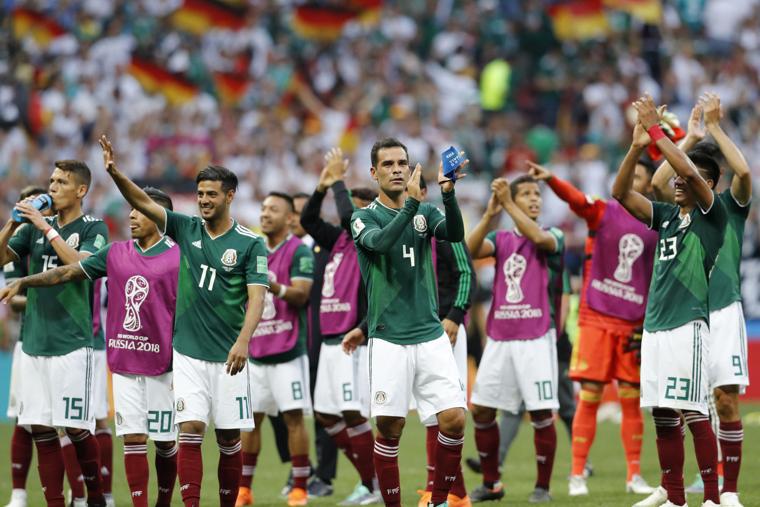June 20 – The United World Cup 2026 bid might not be quite as united as its principals claim as US authorities pursue Mexican football legend and national team captain Rafael Márquez, 39, who in the past week has become only the third player ever to appear at five World Cups.
The US justice authorities have, according to a report in the New York Times, had him on a US Treasury blacklist since August, with a number of businesses connected to him accused of acting as fronts and holding assets for Raúl Flores Hernández – a suspected leader of a major drug trafficking organisation.
Márquez denies any links to drug traffickers and is supported by both the Mexican FA and the Mexican government in that they have known of his situation for months but still allowed him to lead the national team at Russia 2018.
The US authorities have nevertheless frozen his financial assets in the United States, as well as his Mexican assets with ties to the American financial network.
Márquez’s lawyers, Jose Luis Nassar, told press “we are in a frank phase of collaboration” with American officials to resolve the matter.
The situation has caused for extreme measures surrounding Márquez for fear of Treasury sanctions against any company or organisation associated with him – these can include fines of up to nearly $1.5 million per violation, rising to $10 million and a maximum of 30 years in jail for individuals who knowingly break the rules, according to the NYT.
This has meant a series of protective measures around Márquez both for himself and for sponsors, FIFA and the Mexican FA.
They include FIFA routing World Cup money to the Mexican FA avoiding the US banking system, Márquez staying away from all sponsor branded kit (from water bottles to training wear), hotel accommodation separate to teammates if the hotel has US links, and even an initial FIFA ban on media interviews (later relaxed as long as he is not interviewed in front of any sponsor logos on media boards – Visa, Coca-Cola, Budweiser and McDonald’s all appear). Naturally he missed a Mexican warm-up game in the US prior to the tournament start.
The measures are extreme but so are the penalties. “FIFA is aware of the situation concerning the player Rafael Márquez and we are in regular contact with the Mexican Football Association,” the governing body said in a statement to the NYT.
Márquez needs to clear his name with the US authorities who have taken the judicial stance of his being guilty until proved innocent. Anyone who thought that the 2026 World Cup hosting vote might end the US obsession with meddling in world football politics, the lives of its officials and now its players, should reconsider.
If Márquez is a proven drug trafficker then lock him up. Otherwise, he should be allowed to be a legend of world football and a national and international hero, rather than used as a PR pawn in what is increasingly looking like a wider geo-political intra-agency US powerplay. As the old saying goes: ‘With friends like these, who needs enemies’.
Contact the writer of this story at moc.l1741358616labto1741358616ofdlr1741358616owedi1741358616sni@n1741358616osloh1741358616cin.l1741358616uap1741358616

